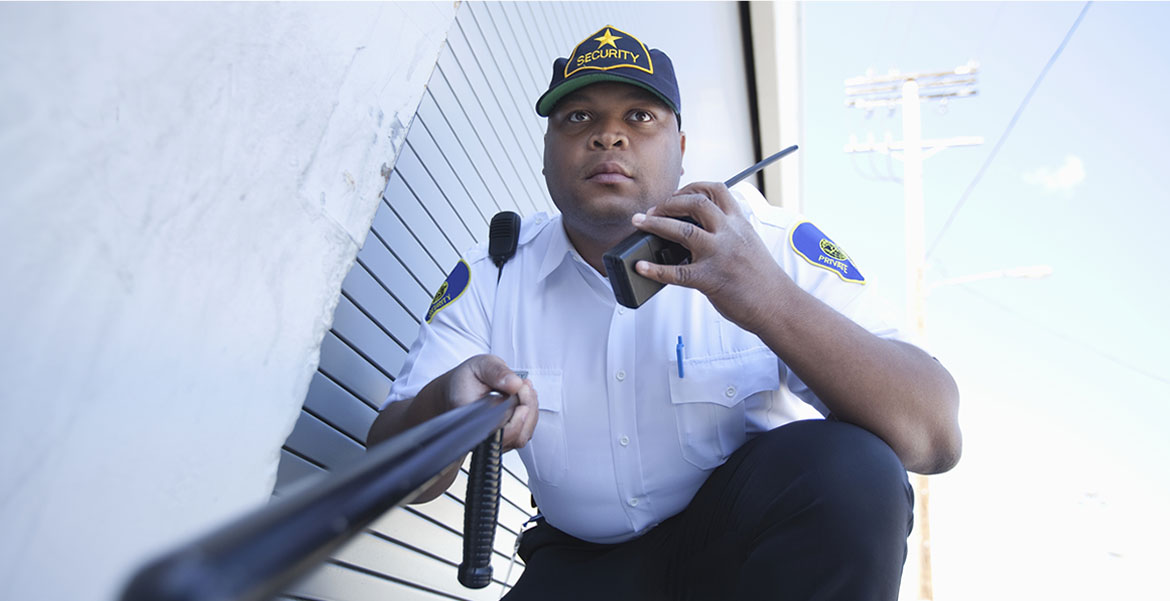FEATURE: Basic Training for Guard Duty
“Guards are key players in an organization’s physical security roster. To groom good ones requires a commitment to both train them and provide them opportunities to grow.”

“We’ve tried to address turnover through building career ladders,”
Keep On Teaching
If CSOs and their HR managers were a brutally honest bunch, the ad for a security guard position might read something like this: Wanted: An experienced security professional with excellent written and verbal communication skills.
Create a Career Ladder
Military or public-safety experience a plus. Candidates should have good credit, a spotless background, a high level of self-motivation and creativity in problem solving. Benefits are unlikely and pay will be low. The lowliest employees in the security hierarchy, security guards and surveillance personnel, present a major hiring challenge for CSOs. These entry-level positions can be boring and lowpaying, and many companies view them as dead-end jobs. In 2003, the Bureau of Labor Statistics reported that salaries for contract guards (then representing about 53 percent of the total guard employment pool) averaged $19,400 a year.

“We’ve tried to address turnover through building career ladders,”
We have a large number of facilities
Salaries for private guards employed directly by a company were on average about 25 percent higher than those of their contract counterparts, at $24,141. The combination of low pay and the drudge work inherent with manning a turnstile, patrolling a parking lot or staring at a bank of cameras leads to incredibly high turnover.
The powerful force of humanity
Mike Phelan, vice president of training for AlliedBarton Security Services, one of the largest providers of security guards for corporate America, touts his company’s low annual turnover rate, which clocks in at a whopping 58 percent.